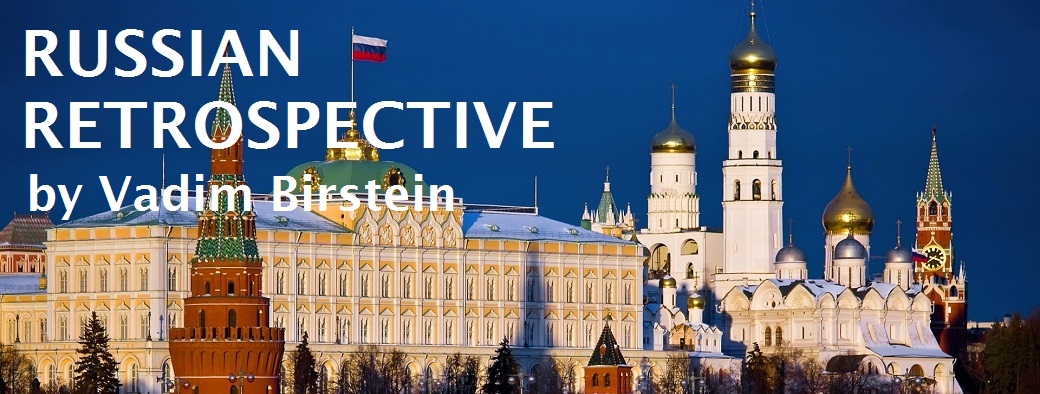On June 29, 2017, the All-Russian Public Opinion Research Center (VTsIOM) presented data of a poll on Russian consumers’ opportunities. VTsIOM is the state-owned and government-run institution that reports to the Ministry of Labor and Social Affairs. The poll was made on May 25-29, 2017 in 130 towns, cities and settlements of 52 Russian regions and included 1,600 persons.
On the whole, consumer opportunities of the Russians have sharply decreased after a peak in 2014.
More than 80% of the Russians consider those to be poor who barely have enough money for food or clothes. In May 2017, this group amounted to 39% of respondents. Among this group 54% were people of the retirement age, residents of rural areas, 46%. 10% of all respondents noted that it is difficult for them even to buy food, while 29% said that they barely have enough money for clothing. During recent years (the study started in 2008), the worst situation was in 2009 (41% poor people), while the best, in 2014 (19% poor people).
Additionally, in May 2014, while 41% of respondents answered that they have money to buy food and clothes, they still had a problem with buying a new refrigerator, TV or furniture.
14% answered that they have money for buying a new refrigerator, TV or furniture, but nothing else.
Finally, only 3% said that they can buy anything they want, including a car. 3% of respondents did not answer.
Clearly, the poll did not include the category of so-called oligarchs with their enormous apartments, dachas (country houses), yachts and the property abroad.
Even given the inaccuracy of an pool, the fact that 39% of the Russian population consider themselves poor and for 10% even buying food is a problem, speaks for itself.
In the opinion of VTsIOM’s General Director, Valerii Fedorov, that he expressed on the Russian TV, 15% of the Russian population is, as he said, “shit”, i.e. ” those who are negative about the [political – V.B.] course of Vladimir Putin, his regime and partly his persona.”
Another poll of the independent Yuri Levada Analytical Center showed that 34% of respondents expect stronger domestic policy from the future Russian President, after the 2018 election, 42% are sure that the current domestic policy is so successful that it needs to be continued. Only 12% favored its liberalization. In the poll, 1,600 people aged 18 and over in 137 settlements of 48 regions of the country participated.
Apparently, the demand of more oppressive domestic policy correlates with widening of the impoverished part of the population. Denis Volkov, sociologist of the Center, explained, “ordinary Russians are not aware of the legislative tightening, oppression of the opposition — it goes over their head. Those who respond so are older . . . they do not live very well and would like a “hard hand to put things in order”, they have no hope except for power. . . But the authorities can use this for tightening the power.”
Andrei Kolyadin, former head of the Department of Domestic Policy of Putin’s Administration, expressed a similar opinion: “Russians associate injustices in the economy with liberalization, and “the liberals” are considered people who have stolen money. The inner impulse is to choke these scoundrels. At the same time, people do not think that liberalism is also protection of private property, equal rights, the advantage of personal over state property.”
According to the poll, in foreign policy, one fifth of the respondents favor the strengthening of confrontation with the West, and more than half of respondents are for preserving the current line. At the same time, two-thirds of those polled would like to see Vladimir Putin as head of state after 2018.
As Volkov stated, “Putin’s popularity had two peaks, in 2007-2008, when there was [economic] stability and hope for the future [in Russia], and in 2014-2015, after the Crimea’s annexation. Between these years there was a big failure, accumulation of problems, a general discontent with the authorities and Putin as a whole. Before the Crimea, half of the respondents wanted to see the President as the new man, but Crimea changed the situation to the opposite.”
